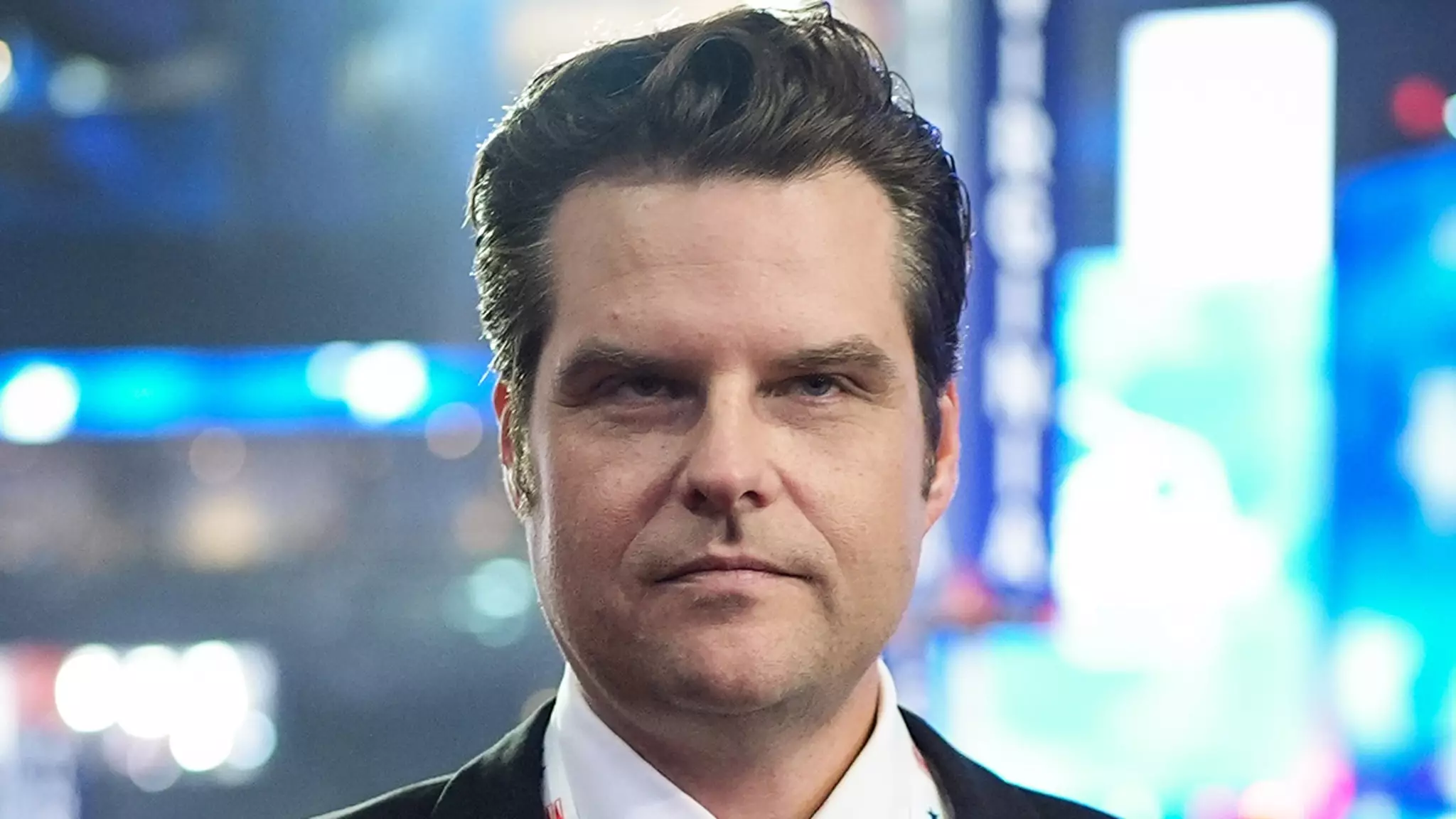In a surprising turn of events, President-elect Donald Trump’s initial selection for U.S. Attorney General, Matt Gaetz, has withdrawn his name from consideration. This unexpected announcement on social media has sent ripples through the political landscape, and Trump’s transition team is now faced with the challenge of identifying an alternative candidate capable of navigating the complexities of leading the Department of Justice (DOJ). Gaetz cited the potential distraction caused by his nomination as a primary reason for his withdrawal, emphasizing the importance of a swift and effective transition of power.
Gaetz, a former Congressman from Florida, has found himself entangled in controversies that undoubtedly contributed to the hesitance surrounding his nomination. Allegations of sexual misconduct, including accusations involving minors, have shadowed him throughout his political career. Although Gaetz has vehemently denied these claims and managed to avoid criminal charges, the mere presence of such allegations poses significant challenges in the Senate confirmation process. The scrutiny of his past created an unwelcome distraction for a Trump administration keen on commencing its agenda from day one.
While Gaetz’s claims of “thoughtful feedback” from senators may suggest that discussions were progressing, the underlying tension around his candidacy likely complicated his position. Confirmations for high-profile roles such as Attorney General require not only a solid track record but also an absence of scandal to avoid partisan roadblocks. Gaetz’s choice to step aside appears to have been a strategic maneuver; he likely concluded that his presence in this particular role could hinder Trump’s legislative goals rather than assist them.
Gaetz’s withdrawal from the nomination heightens the urgency for Trump’s transition team to secure a suitable replacement. With the inauguration approaching, having a competent individual at the helm of the DOJ is paramount for facilitating the new administration’s policies and combating any lingering challenges from the previous government. An unfilled Attorney General position can create vulnerabilities, particularly in terms of law enforcement and regulatory actions that demand immediate attention.
Additionally, maintaining the support of the Republican Party during this selection process is crucial. Trump’s administration is already perceived as a contentious environment, and the last thing the transition team needs is further division within the party. The ripple effects of Gaetz’s exit could also encourage opponents to capitalize on the situation, raising questions about the governance style that the Trump administration will adopt.
As the transition unfolds, the search for a new Attorney General will have far-reaching implications, not only for Donald Trump but also for the Republican agenda moving forward. The need for a candidate who can restore confidence, unite party members, and effectively manage the DOJ cannot be overstated. A fresh approach is essential for mitigating the distractions that have plagued Gaetz’s nomination.
While Gaetz’s exit from the nomination spotlight may signal one setback, it also opens the door for fresh leadership that could define Trump’s approach to governance. As the clock ticks toward inauguration day, the challenge for Trump’s team remains: to identify an individual who embodies the spirit of change while reassuring a wary public of the integrity and effectiveness of the administration’s choices.

